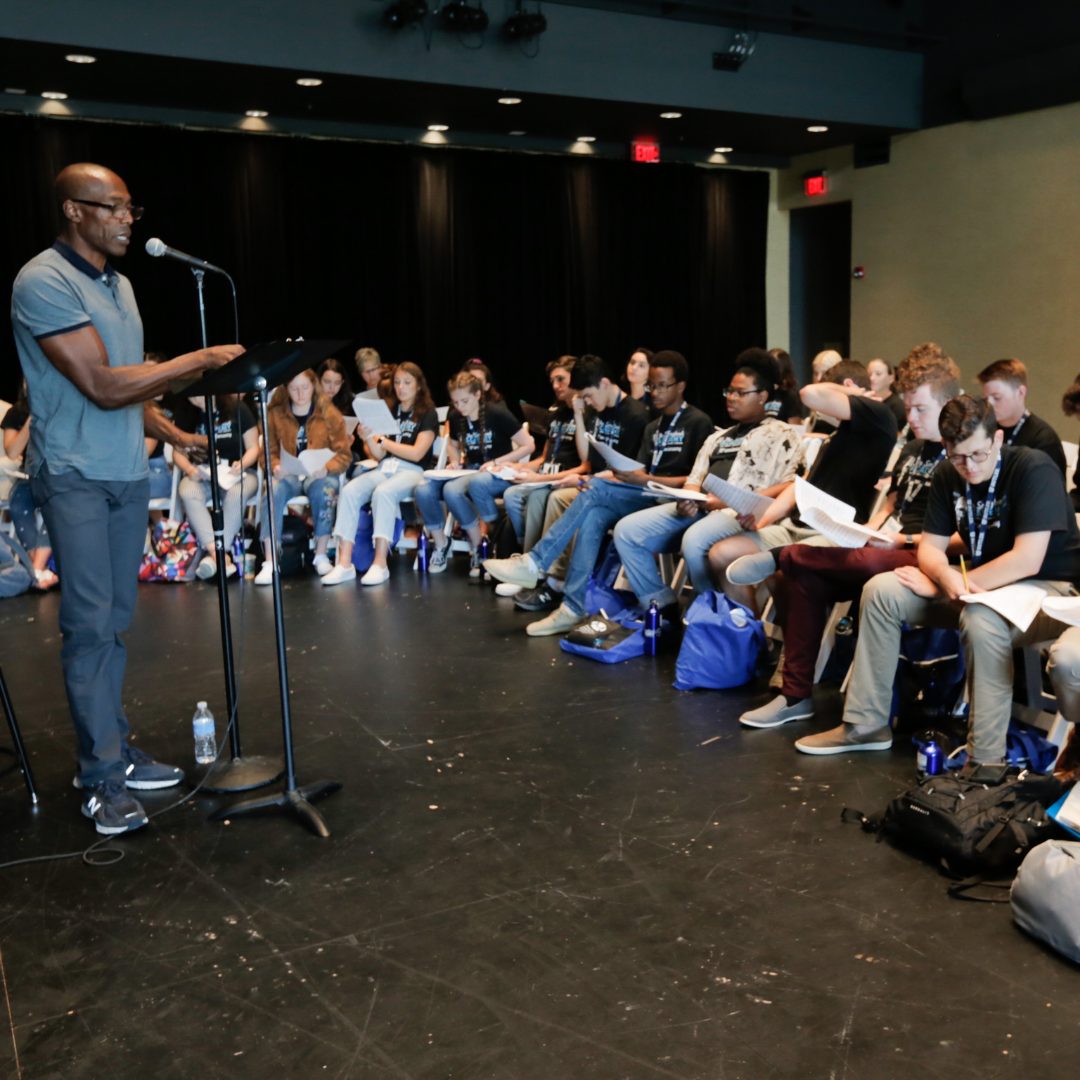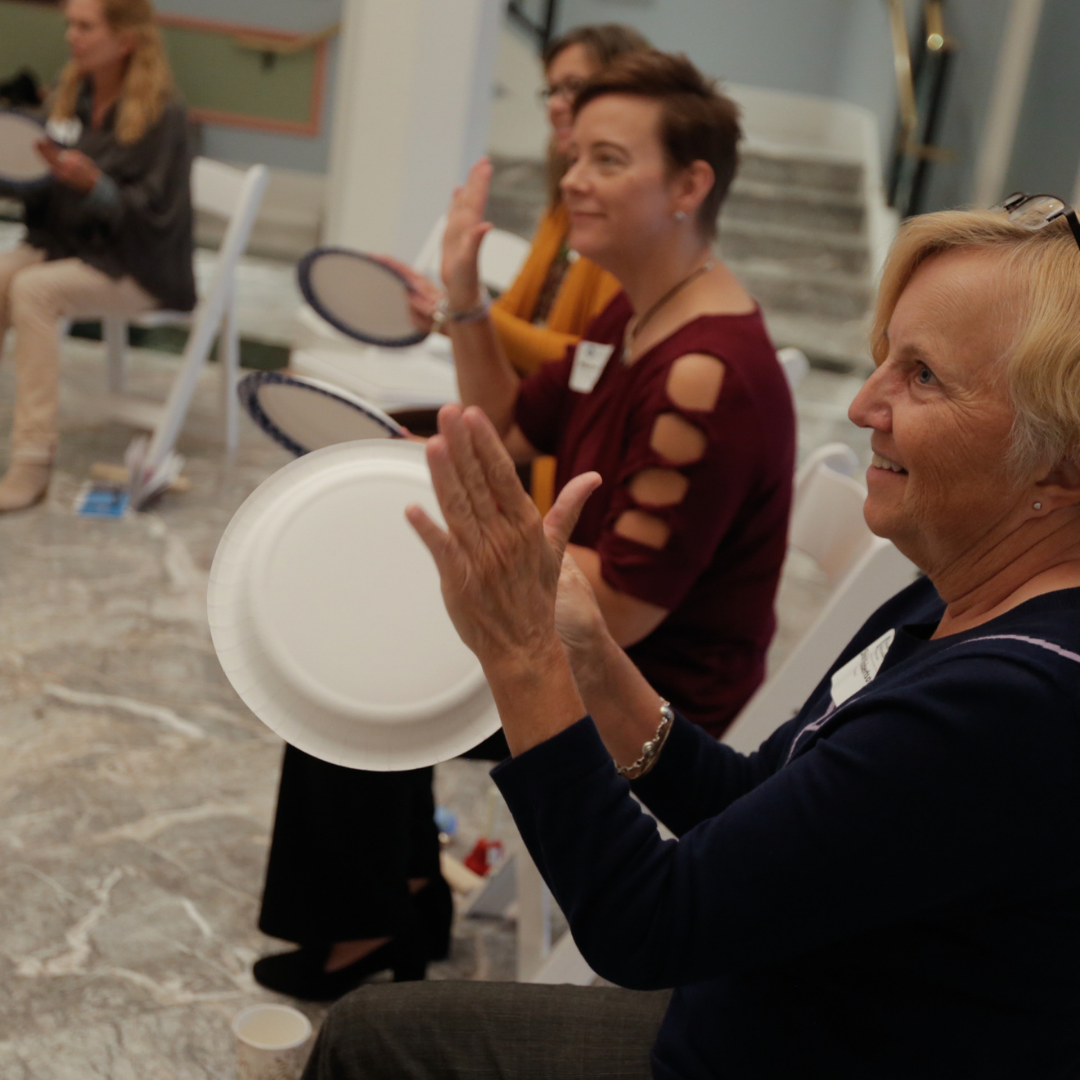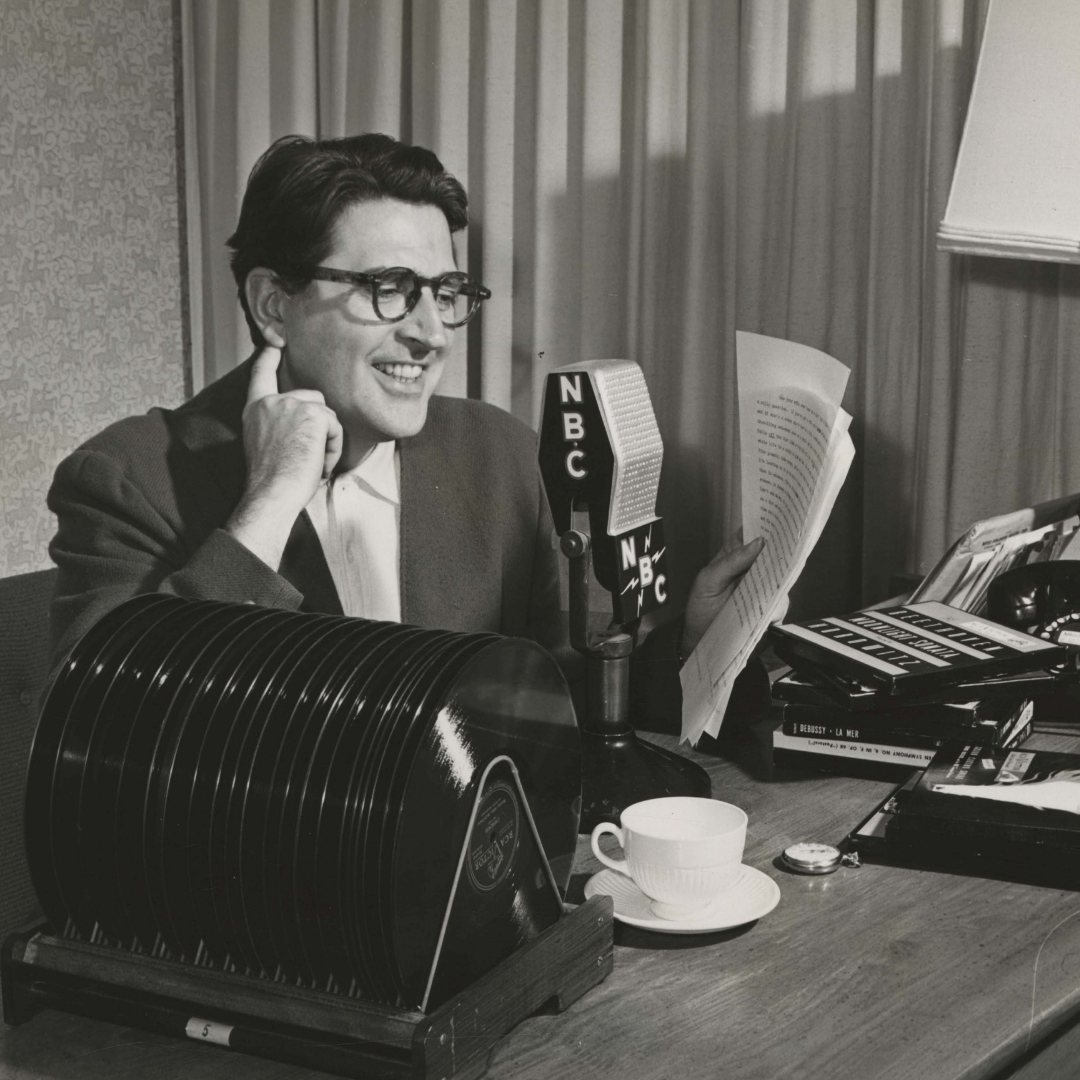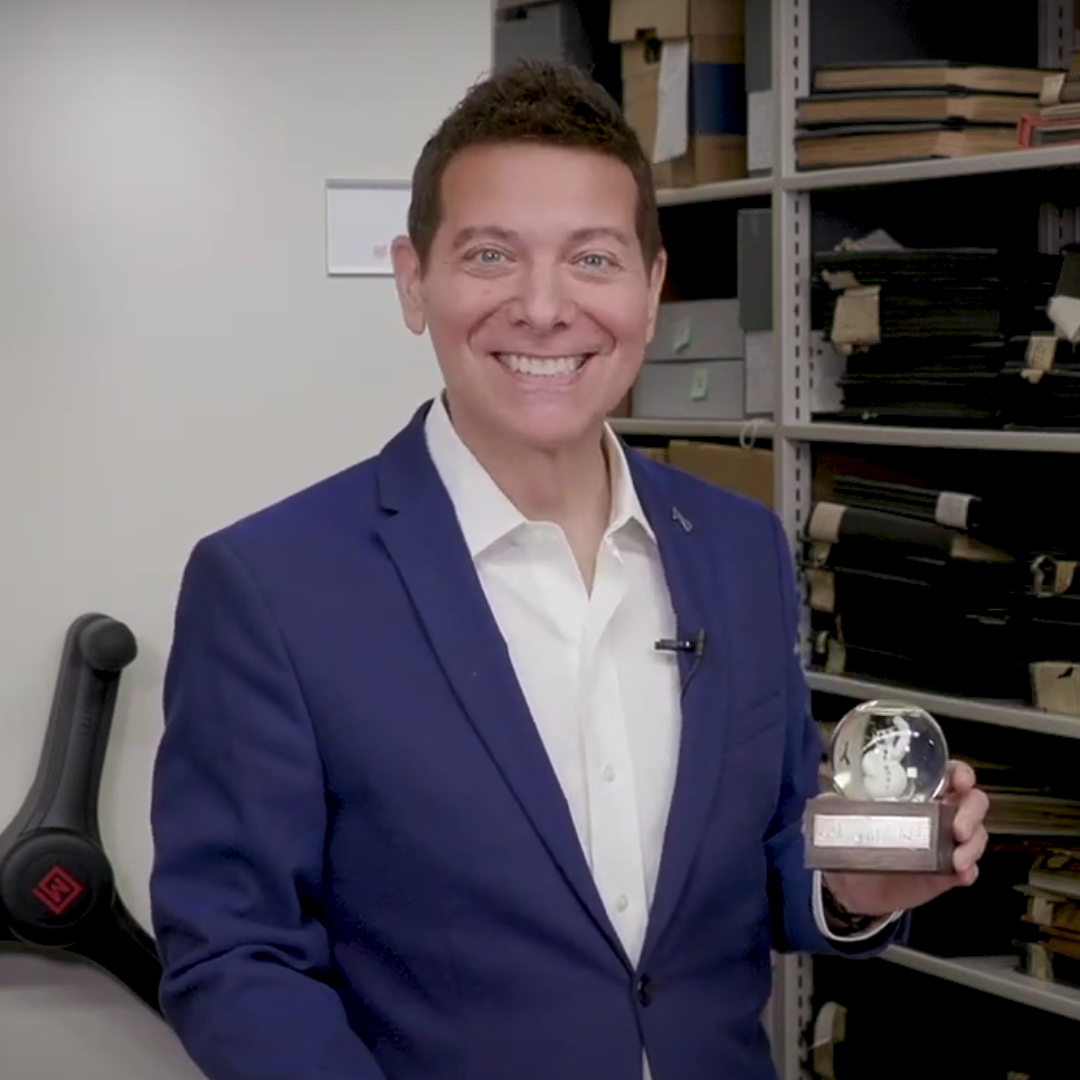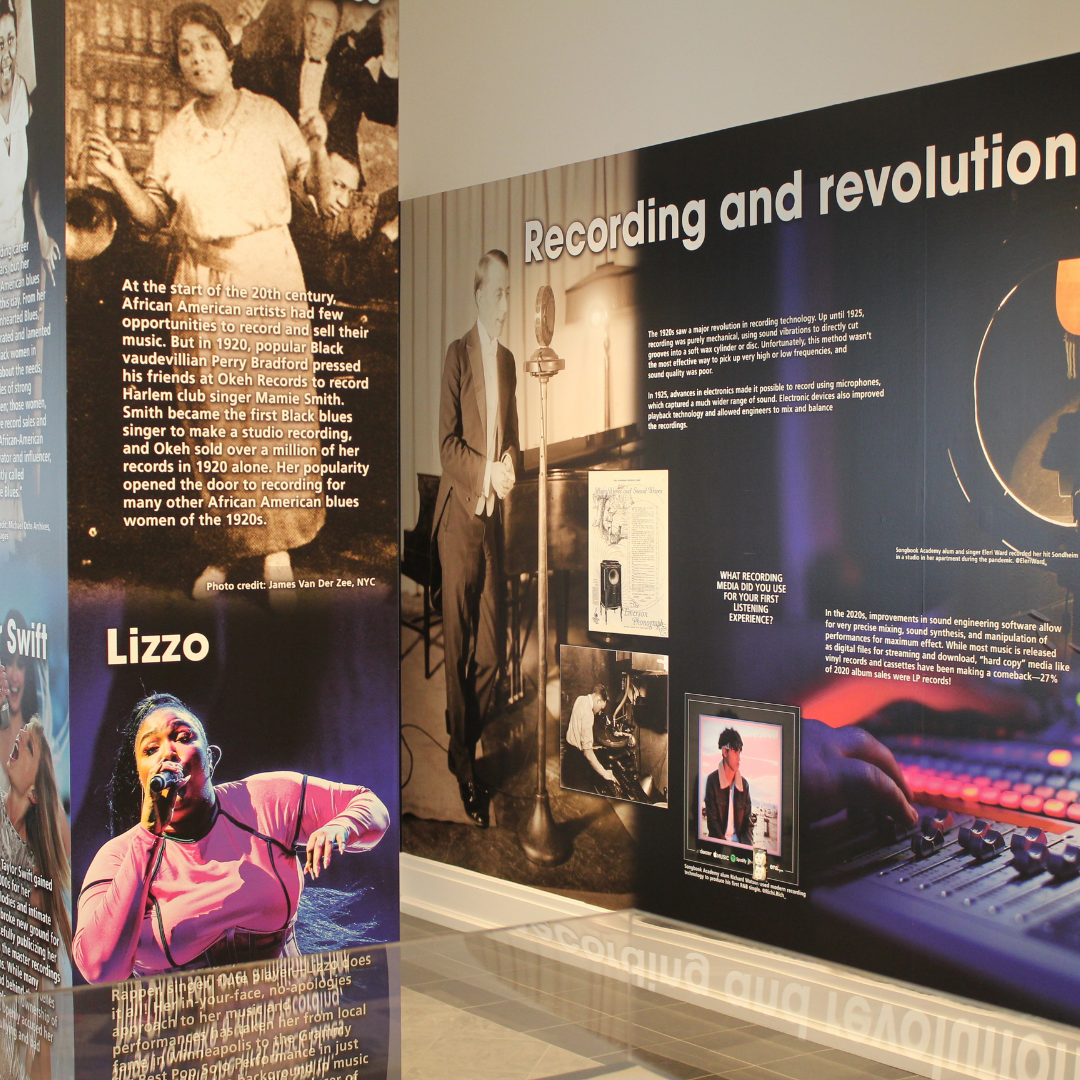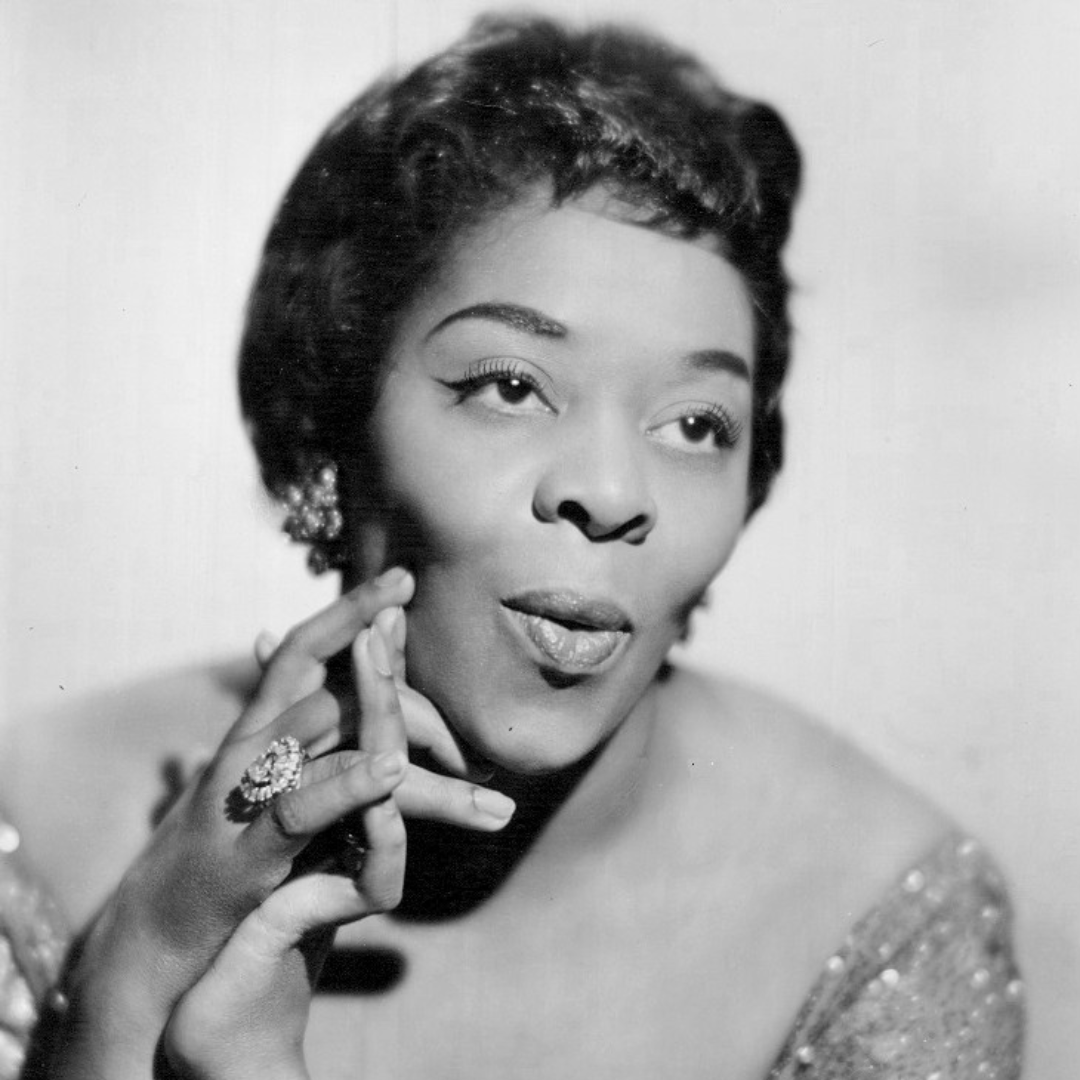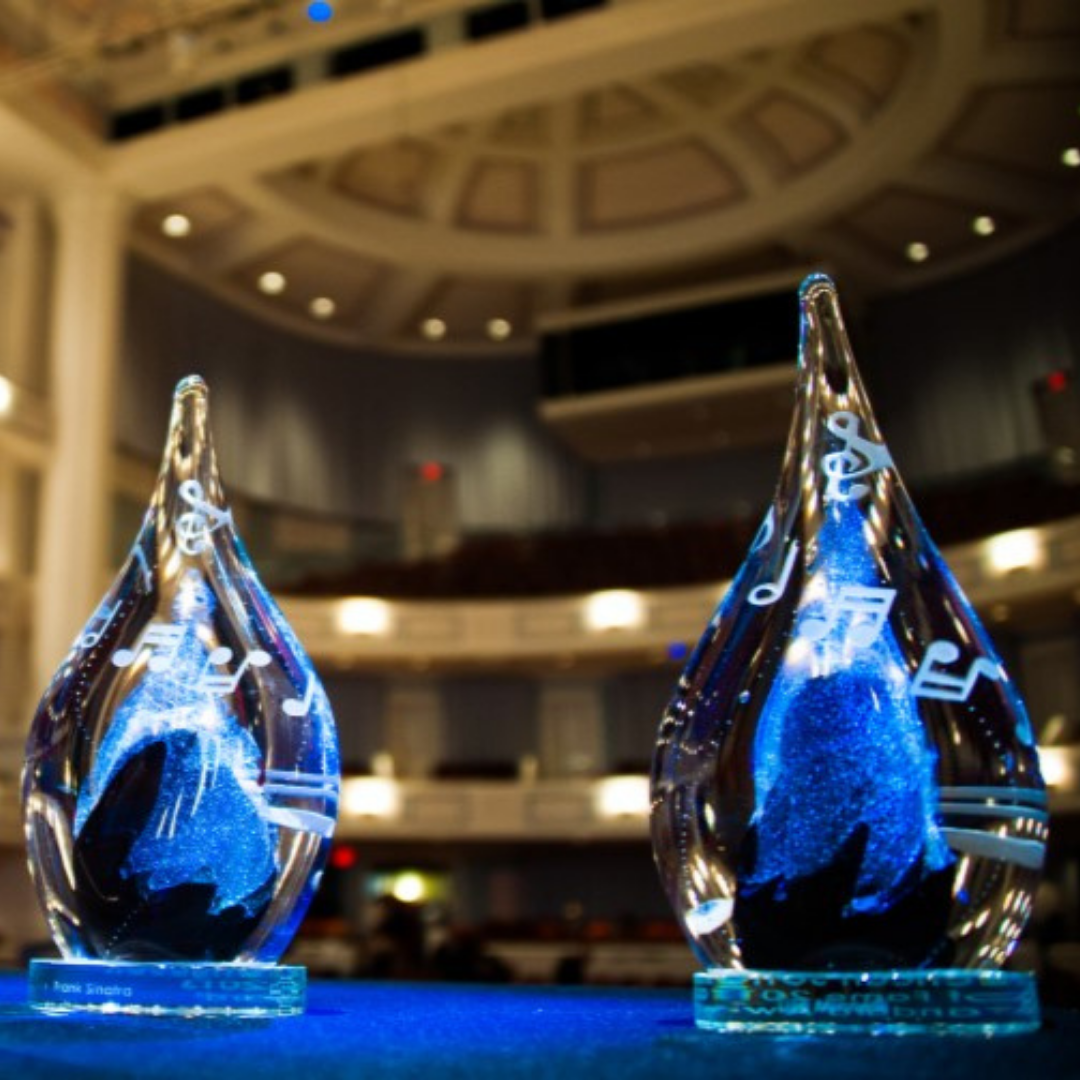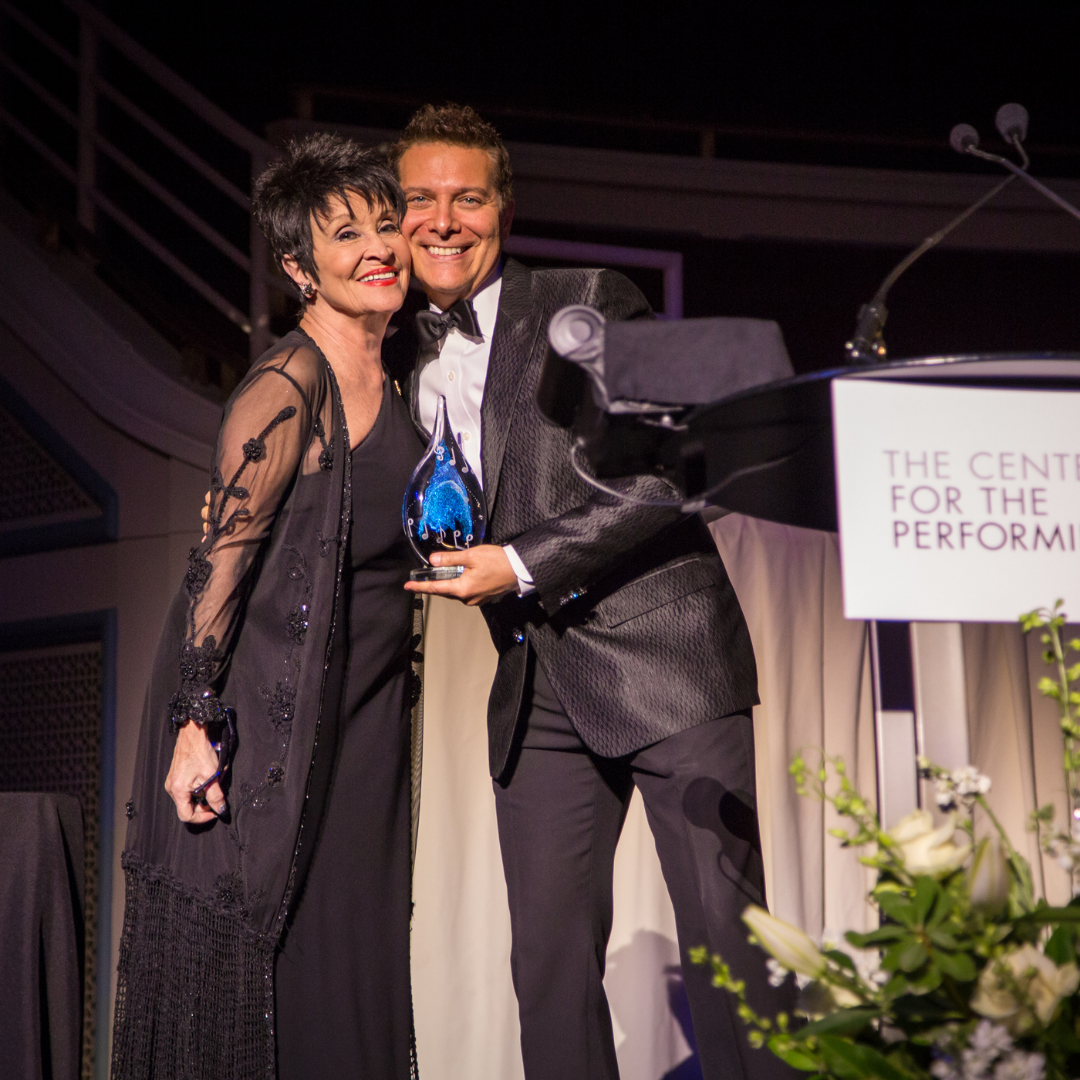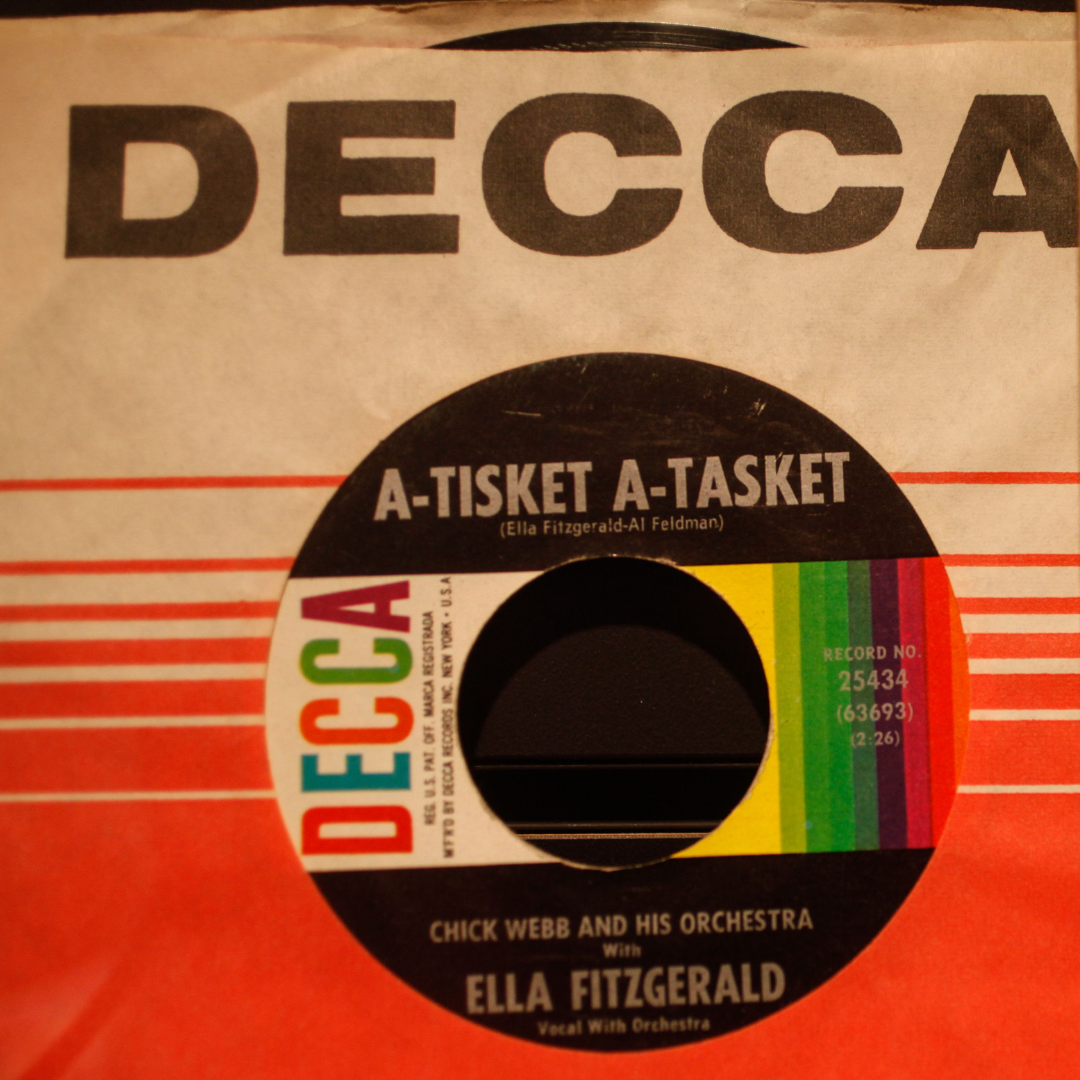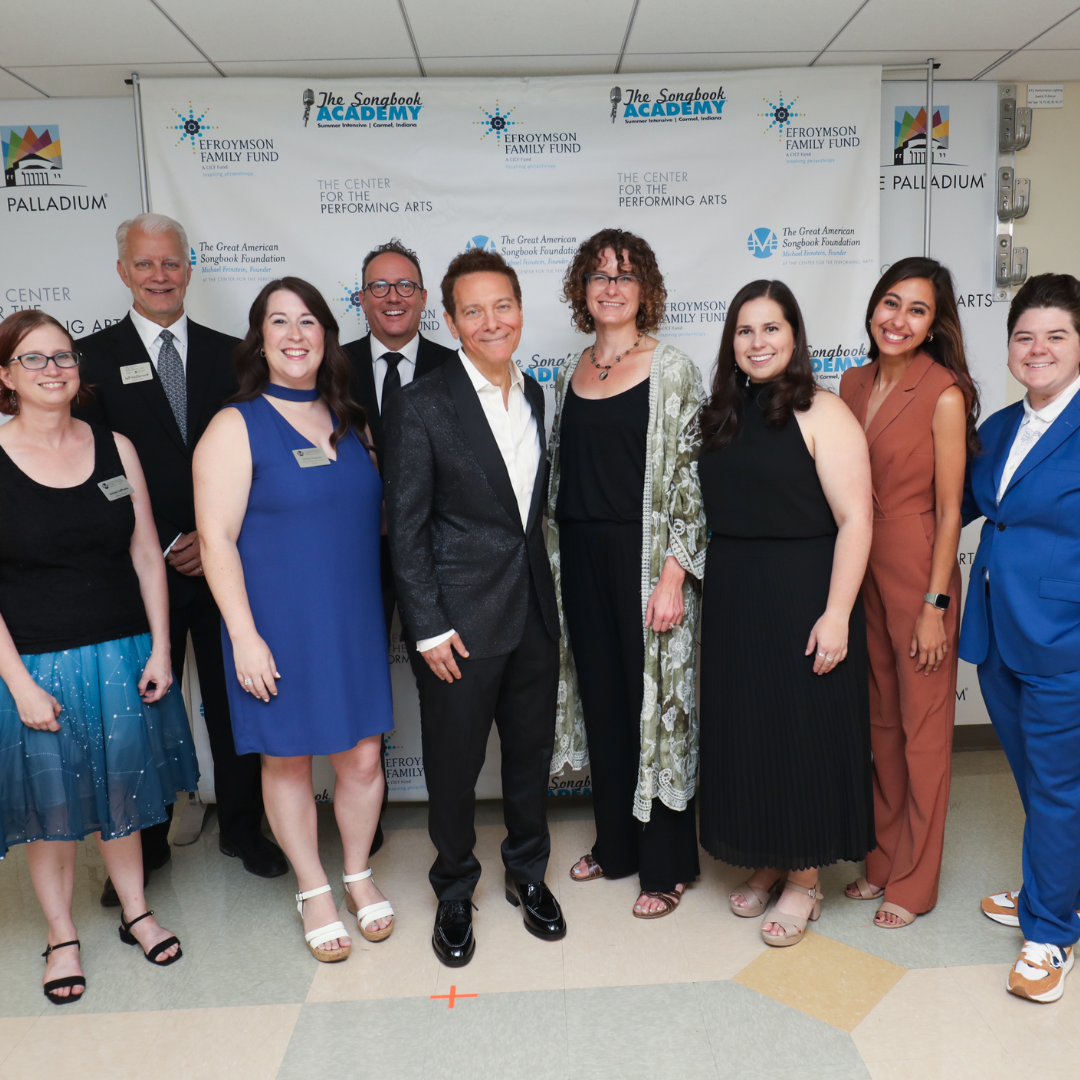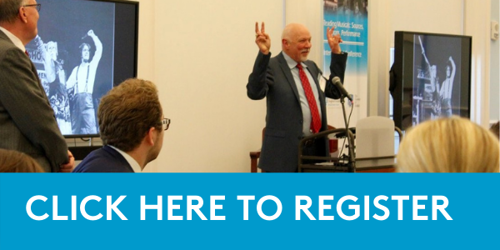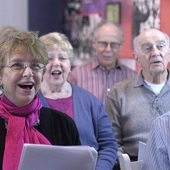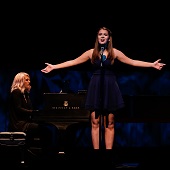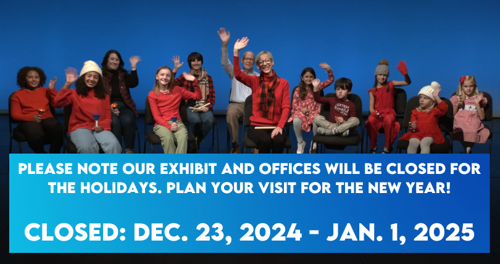Great American Songbook Foundation
Virtual StageStruck Conference
Online // May 12 - May 15 ET

Event Details
Virtual Event - May 2021
The fourth biennial Stagestruck! conference:
Reframing the Golden Age Musical: Methods, Sources, Performance
An international conference in honor of
Prof. Kim Kowalke, President of the Kurt Weill Foundation
Convenor: Professor Dominic McHugh, University of Sheffield
Hosted online by the
Great American Songbook Foundation
12-15 May 2021
Conference Update 12/16/20:
For the health and safety of all international participants, this conference is moving to a virtual format featuring on-demand presentations and four days of live discussions, panels and keynote speakers. Live participation will take place for approximately 2 - 2.5 hours each day starting at 12 pm EDT/ 9 am PDT/ 5 pm BST.
In support of the research community during this difficult time, there is no cost to participate virtually in this conference. Please consider making a gift to support this and future educational opportunities offered by the Great American Songbook Foundation. Click here to donate now.
Attendee Registration:
Registration for the Academic community is now open. A provisional schedule is available to review by clicking here.
Sessions open to the Public:
The public will be invited to stream specific sessions throughout the conference. This registration will open in April 2021. Please check back soon for updates and email info@thesongbook.org with any inquiries.
Conference Abstract:
Traditional histories of the American musical tend to revolve around the formation of a canon of Broadway shows written roughly between the 1940s and mid-1960s, with Oklahoma! (1943) and Fiddler on the Roof (1964) often cited as terminal works. Other key works during the period include Kiss Me, Kate (1948), Guys and Dolls (1950), My Fair Lady (1956) and West Side Story (1957). The era encompasses the ends of the careers of figures from the previous generation such as Cole Porter, Irving Berlin and Kurt Weill, the peak of the output of Rodgers and Hammerstein and Lerner and Loewe, and the beginning of the creative influence of Stephen Sondheim and Bock and Harnick.
Yet to what extent is the concept of the Golden Age a useful tool for framing musicals, and how can we better understand these ever-present yet curiously elusive works?
In a conference honoring the career of Kim Kowalke (Professor, Rochester, NY; President of the Kurt Weill Foundation), and marking the seventieth anniversary of the death of Kurt Weill, we take stock of existing scholarship on the Golden Age musical and explore ways forward.
The conference also affords the opportunity to celebrate the richness of the Great American Songbook Foundation’s collections on the musical.
The conference will include a keynote from Kara Gardner, author of Agnes de Mille: Telling Stories in Broadway Dance.
Possible lines of enquiry might include:
- What is the nature of the Golden Age musical?
- What are the best tools, approaches and methodologies for analysing and examining the Golden Age musical?
- When did it start to be conceived of as the Golden Age?
- What are the benefits and pitfalls of the term?
- What are the major archival holdings on Golden Age musicals?
- How can we access the Golden Age musical, especially in the case of works that were not filmed and/or recorded?
- What was the relationship between Broadway and Hollywood during the Golden Age?
- How can we strengthen relationships between scholars of different disciplines (e.g. musicology and film studies) and between scholars and performers?
- What impacts, if any, did the Broadway musical have beyond New York (and beyond America) during the Golden Age?
- How can we avoid the pull of nostalgia in framing the Golden Age musical?
Learn about the Great American Songbook Foundation:
The conference will include a showcase of the Great American Songbook Foundation’s holdings on musical theatre, which include the papers of Meredith Willson and Gus Kahn.
Previous Stagestruck! Conferences have been held at the University of Sheffield (2014, 2016) and the Great American Songbook Foundation (2018).



